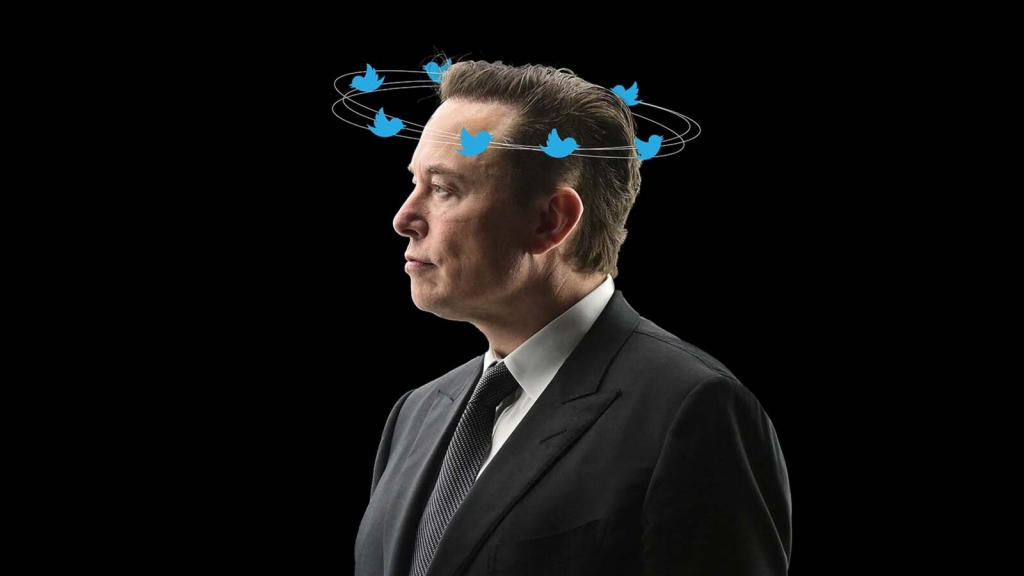By Clare Duffy | CNN
When Elon Musk first agreed to buy Twitter, he promised to make the company “better than ever,” with greater transparency, fewer bots, a stronger business and more of what he called “free speech.”
But six months after Musk took control of Twitter, the future of the company and the platform have never been less certain.
After acquiring the social media platform for $44 billion in late October, Musk reportedly now values Twitter at around $20 billion — and some who track the company believe even that estimate is likely high. Musk repeatedly warned that Twitter could be at risk of filing for bankruptcy only to claim he had brought it back from the brink thanks to his slashing costs, both by laying off 80% of Twitter’s staff and allegedly by failing to pay some of its bills, according to multiple lawsuits. But it’s not clear just how and when Musk might return Twitter to growth.
RELATED: How Elon Musk transformed Twitter’s blue check from status symbol into a badge of shame
He has antagonized journalists and news outlets that have long been central to the platform’s success, overseen policy changes that threaten to make Twitter less safe or reliable, made the platform less transparent to researchers and scared away many top advertisers. Musk’s primary plan to grow Twitter’s business through an overhauled subscription strategy has resulted in much chaos but only a limited number of actual subscriptions.
In the process, Musk has also upended his own reputation. Once known by much of the public primarily for his innovative efforts to launch rockets and build electric cars, Musk has instead spent much of the past six months in the headlines for controversial policy and feature changes at Twitter, draconian cuts to staff resulting in frequent service disruptions, and briefly banning several prominent journalists. He’s also tweeted a long list of eccentric remarks from his personal Twitter account, including sharing conspiracy…
Read the full article here







